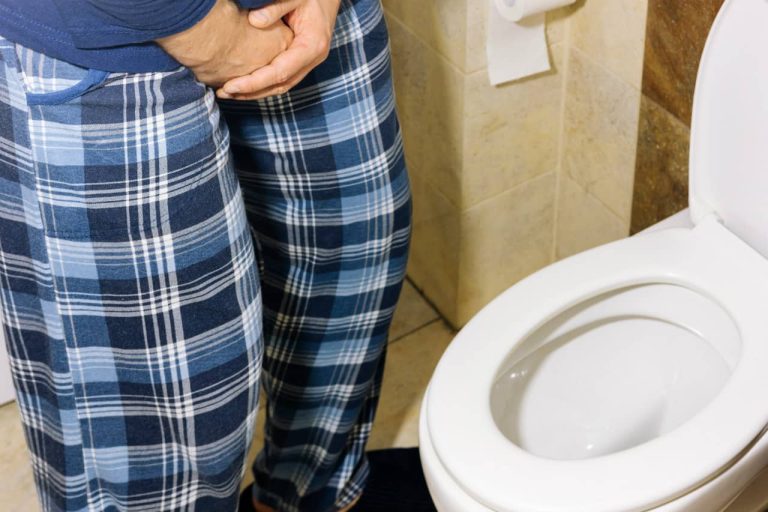Urinary Tract Infections (UTIs) affect people of all ages, but the elderly are particularly vulnerable to these infections.
A UTI occurs when bacteria enters the urinary system, leading to uncomfortable symptoms and potential complications such as kidney infections and sepsis, if not treated.
What is a UTI?
A UTI is an infection that affects the urinary system, including the bladder, urethra (the tubes carrying urine out of the body) and kidneys.
Causes of UTIs
The main cause of most UTI’s is a bacterial infection, with Escherichia coli (E. coli) being the most common culprit. When bacteria from the gastrointestinal tract enters the urethra and travel upwards into the bladder or kidneys, an infection can occur.
Other factors can increase the likelihood of developing a UTI, such as:
- Dehydration: Insufficient fluid intake can reduce urine production and concentration, allowing bacteria to thrive in the urinary tract.
- Inadequate Hygiene: Poor hygiene habits can introduce bacteria into the urinary area, promoting infection.
- Use of Certain Medications. Some medications may disrupt the normal balance of bacteria in the urinary system, increasing the risk of infection.
Why are the elderly more susceptible?
Several factors contribute to the increased susceptibility of the elderly to UTIs:
Weakened Immune System
As people age, their immune systems weakens, making it harder for their bodies to fight off infections effectively.
Impaired Mobility
Mobility issues can lead to inadequate hygiene practices, increasing the risk of bacterial growth around the genital area.
Diminished Capacity
Cognitive issues such as dementia can also lead to forgetting good hygiene practices, leading to bacterial growth.
Urinary Retention
Conditions like an enlarged prostate in men and pelvic organ prolapse in women can lead to the bladder not emptying fully, creating a breeding ground for bacteria.
Catheter Use
The use of catheters, if not managed properly, can introduce bacteria into the urinary system.
Chronic Conditions
Certain chronic conditions such as diabetes and kidney stones can also increase the risk of UTIs in the elderly.
Symptoms of UTI’s
UTIs can present with various symptoms, the most common ones include:
- Frequently or urgently needing to urinate.
- Pain or burning when peeing.
- Cloudy, bloody or smelly urine.
- Lower abdominal or lower back pain.
- Higher temperatures
- Fatigue
Lesser known symptoms, especially in the elderly include:
- Confusion and disorientation
- Dizziness.
- Poor motor skills and falls.
- Being sick.
Treatments
If an elderly person shows the symptoms of a UTI, then medical attention should be sought quickly to prevent complications. UTIs are typically treated with antibiotics. However, it's crucial for healthcare professional to choose the appropriate antibiotic based on the patient's medical history.
Preventing UTIs
Prevention is not always possible but there are several things older people can do to reduce the likelihood of getting a UTI. These include:
Wiping technique
Wiping from front to back when going to the toilet.
Good Hygiene
Thorough daily cleaning and drying of the genital area.
Stay Hydrated
Drinking plenty of fluids, preferably water (6-8 glasses a day) to maintain a healthy urine flow and flush out bacteria.
Appropriate Clothing
Wear breathable, cotton underwear and loose-fitting clothing to promote good air circulation. If continence is an issues, promptly and regularly changing pads,
Avoid Irritants
Not using scented soaps, powders, or perfumes in the genital area, as these can irritate the urethra.
Regular Bathroom Breaks
Frequent trips to the bathroom can help ensure the bladder doesn't become overfilled and reduces the risk of infection. If a person has memory issues, set a timer for regular toilet breaks.
Catheter Care
If a catheter is necessary, ensure that it is managed properly, and the area around it is kept clean.
Probiotics
Probiotics may help maintain a healthy balance of bacteria in the urinary system.
UTIs are a common issue for the elderly, but with understanding and preventive measures, their occurrences can be reduced. Early detection and appropriate treatment are essential for managing UTIs effectively.

